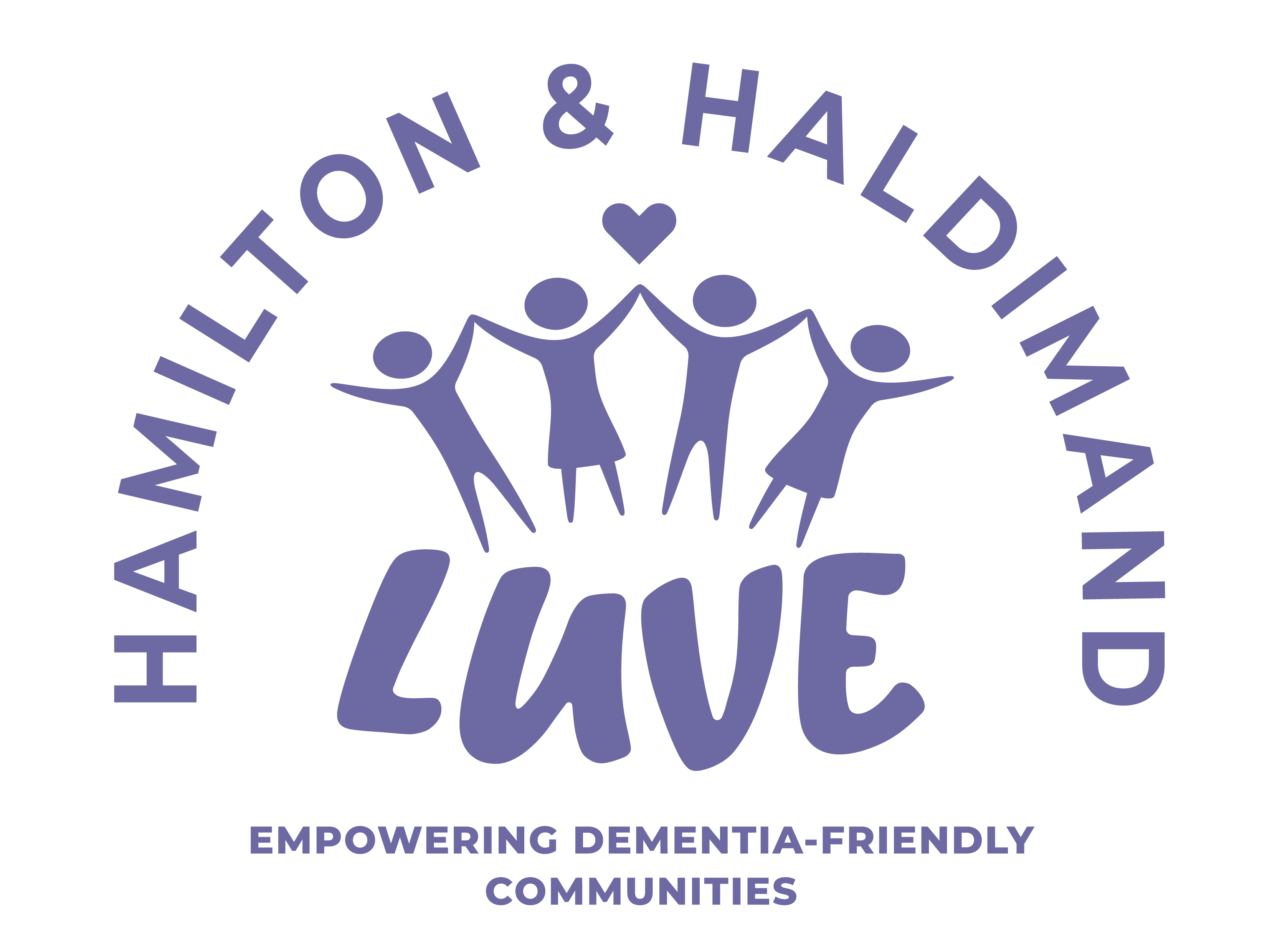Attention People Living with Dementia in Hamilton and Haldimand!
We are launching a public awareness campaign featuring the faces and stories of ten local individuals living with dementia. Our goal is to challenge stigma and start to shift the way people think about living with dementia in our communities!
If you are a person living with dementia in Hamilton or Haldimand and would like to share your voice, please apply!
Space is limited. We appreciate all expressions of interest and will be in touch with all interested parties as soon as possible.
Have a question? Please contact Shelagh:
Email: [email protected]
Phone: 905-920-7721
Challenging Stigma
This publication is designed to reflect the voices of people living with dementia in our communities. If a picture is worth 1000 words, a conversation with a person living with dementia is worth 1000 journal articles (www.coahamilton.ca). In this newsletter, we will begin to delve deeper into the key themes in our What We Heard Report that emerged as priorities from our 2020 public consultation to make the communities of Hamilton and Haldimand dementia-friendly.
Today’s Area of Focus
Challenging stigma and building understanding for people living with dementia.
What is Stigma?
Stigma is a negative assumption and attitudes that lead to stereotyping and discrimination.
What We Heard
People living with dementia shared how their own stigma deeply eroded their self worth, social relationships and caused them to become socially disengaged and isolated. Participants also shared experiences of stigma among friends, social networks, businesses, community programs, healthcare, and the broader community.

Participants believed the following factors contributed to stigma:
-
- lack of understanding about normal ageing and dementia – its fluctuations and progression
- lack of patience and knowledge of what to do and how to support somebody living with dementia
- general misconceptions and lack of knowledge about dementia
Why is challenging stigma important?
According to a 2020 survey conducted by the government of Canada, over two-thirds of Canadians agree that people living with dementia generally face a lower quality of life than people without dementia. The same proportion agrees that people have negative assumptions about the abilities of people living with dementia. Assumptions are not reality!
Stigma fundamentally affects the way people feel about themselves and the way others see them. The impact of stigma can be incredibly devastating and debilitating for those who experience it. With this in mind, we believe that tackling stigma is paramount in our journey to creating dementia-friendly communities.
Shifting Our Perspective
5 things we must immediately stop doing/saying to people living with dementia
Often, the most well-meaning of people say or do things that perpetuate stigma for people living with dementia. Here are 5 things NOT to say to people living with dementia — from people living with dementia (in no particular order):

We can instead: LISTEN, UNDERSTAND, VALIDATE and EMPOWER (LUVE).
While it is not the responsibility of those with lived experience to change the world, it is our fundamental belief that people living with dementia are the experts in informing dementia care. We look to people living with dementia who want to share their experiences to show us, teach us and help us understand how can do better, be kinder and make our communities more dementia-friendly.


